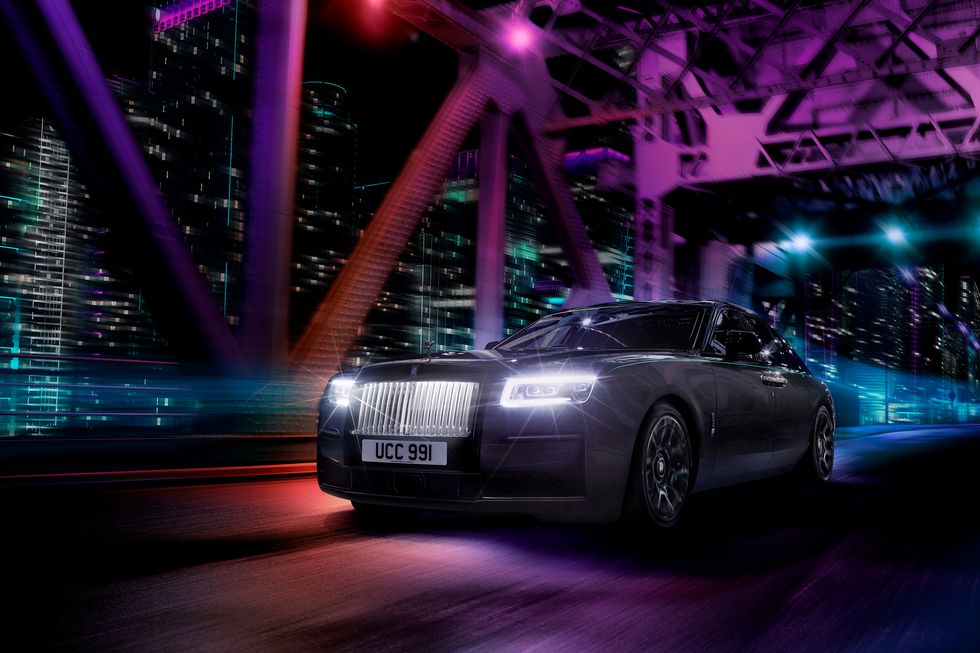Porsche e-fuel production has begun and could eventually replace gasoline in vehicles with internal combustion engines.
Porsche e-fuel production, i.e. climate neutral “e-fuel,” is seen as a “green” addition to EVs as it embarks on a “double-e path” that encompasses both e-mobility and eFuels.
Working with several partners, the German automaker has begun commercial production of the alternative fuel at a pilot plant in Chile. Within a few years, Porsche plans to produce millions of gallons of the e-fuel, according to the German automaker, which is owned by Volkswagen.
The fuel will initially be used in motorsports as well as at its performance experience centers and eventually in other vehicles in the following years. Additionally, it will eventually be sold to oil companies and others for distribution to consumers, according to Porsche.

E-fuels are a type of synthetic methanol produced by a process that uses water, hydrogen, and carbon dioxide. The companies working to produce it say these types of fuels enable nearly CO2-neutral operation of gas-powered vehicle engines. However, such vehicles would still need to use oil as an engine lubricant.
Check out:The Future is Here! EV Stations Approved Nationwide
Porsche is aiming to produce about 34,342 gallons of e-fuel during the pilot phase of the project. After that, plans will be underway to produce an estimated 14.5 million gallons by mid-decade- and another 145.3 million two years after that.
The Porsche e-fuel production plant in Chile is part of a plan announced by Porsche in late 2020 that involves the German automotive company investing $24 million in the development of the facility and fuels.
Among the partners: Chilean operating company Highly Innovative Fuels and Siemens’ renewable energy unit.

Porsche says that e-fuels act in a way that is similar to gasoline, allowing drivers a more environmentally friendly way to power their combustion-engine vehicles.
Additionally, they likely could use the same fueling infrastructure as gasoline. That is in stark contrast to the billions of dollars in investments needed to build a network of charging stations for EVs. Replacing fossil fuels with e-fuels will also be difficult and expensive.
Still, the production of e-fuel would allow Porsche and others a way to continue producing vehicles such as Porsche’s iconic 911 sports car with a traditional engine at the same time it is branching out into more electric vehicles such as the Taycan.
Electric vehicles are powerful in their own right and can offer incredible performance, but their driving dynamics are different from traditional engines.
“The potential of eFuels is huge. There are currently more than 1.3 billion vehicles with combustion engines worldwide. Many of these will be on the roads for decades to come, and eFuels offer the owners of existing cars a nearly carbon-neutral alternative,” said Michael Steiner, Porsche’s director of research and development.

He noted in his announcement that the development of e-fuel does not change Porsche’s intention to have 80 percent of its lineup consist of electric vehicles by the year.
Chile is an ideal location for the new e-fuel facility because it has plenty of renewable energy sources, Porsche has noted.
The end product can easily be shipped from there around the world.
The first deliveries of eFuel will be used for promotional “lighthouse projects,” according to Porsche.
A fun read: The New Transformers Movie Stars Another Porsche, this Time a Classic 964 Generation 911
With the Porsche e-fuel production, the German company says it hopes to be selling 145 million gallons of this new eFuel on the open market each year before the end of the decade.
That means Chilean wind will soon be powering Porsche vehicles around the world via the new production plant.

The so-called eFuel is Porsche’s name for its synthetic fuel, which is made from water and carbon dioxide using renewable energy.
According to Porsche, using renewable energy to produce a liquid fuel can have a larger impact on reducing overall CO2 emissions than any fossil fuels that might otherwise be used to transport it to end users, according to Porsche board member Barbara Frenkel.
“If there is not enough renewable energy available [to make eFuels], it makes much more sense that you use this energy directly in electric cars,” Frenkel said. “Our strategy [is to] push fully on electromobility, and we have eFuels in addition. Therefore, especially when it comes to Europe, it’s of essential importance that the government increases the ambition to establish a good charging infrastructure based on renewable energy.”

Benefit from all the innovations Porsche is bringing into the automotive world by shopping our latest Porsche inventory below.












